LCME Blog
Standards and Elements ExplainedLatest Posts:
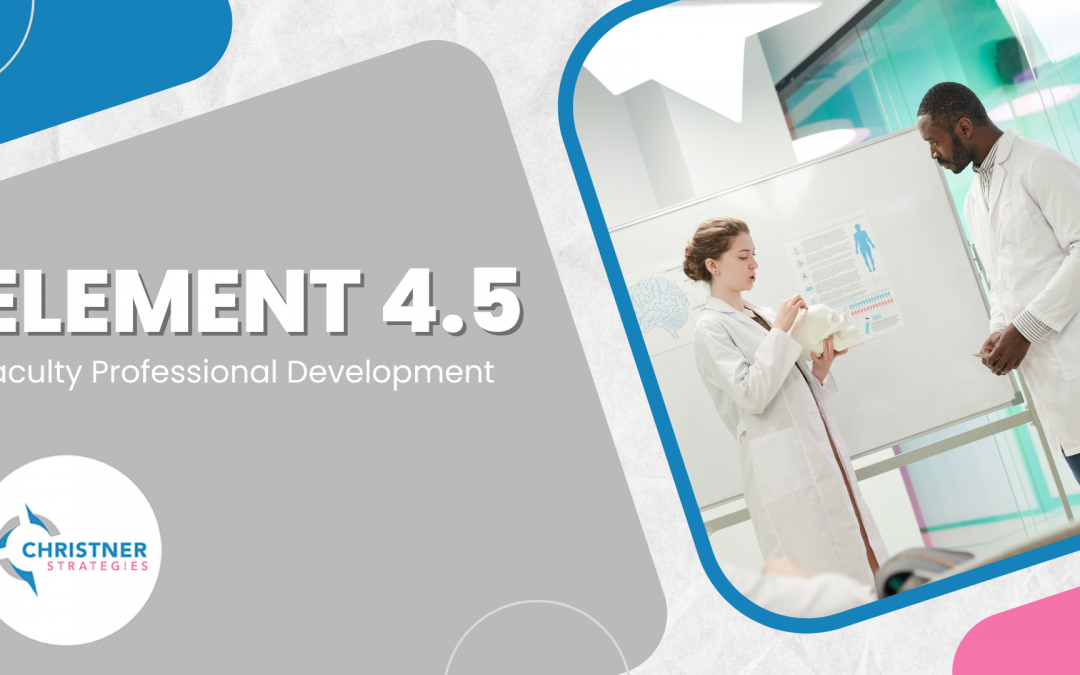
Element 4.5: Faculty Professional Development
Element 4.5 - Faculty Professional Development A medical school and/or its sponsoring institution provides opportunities for professional development to each faculty member in the areas of discipline content, curricular design, program evaluation, student assessment...
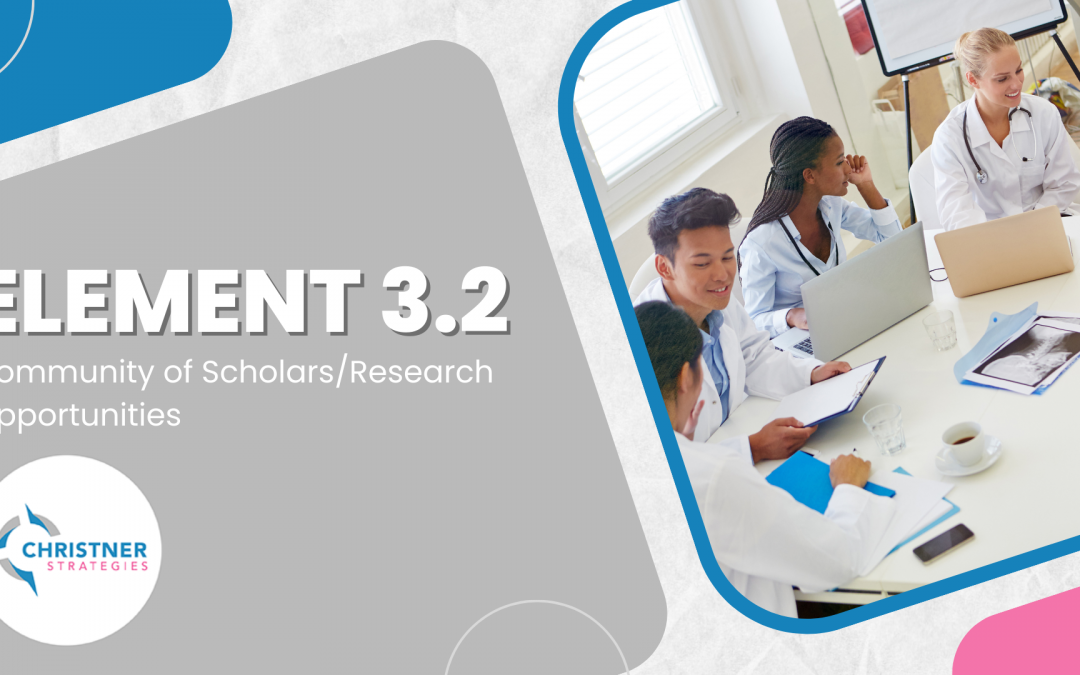
Element 3.2: Community of Scholars/Research Opportunities
Element 3.2 - Community of Scholars/Research Opportunities A medical education program is conducted in an environment that fosters the intellectual challenge and spirit of inquiry appropriate to a community of scholars and provides sufficient opportunities,...
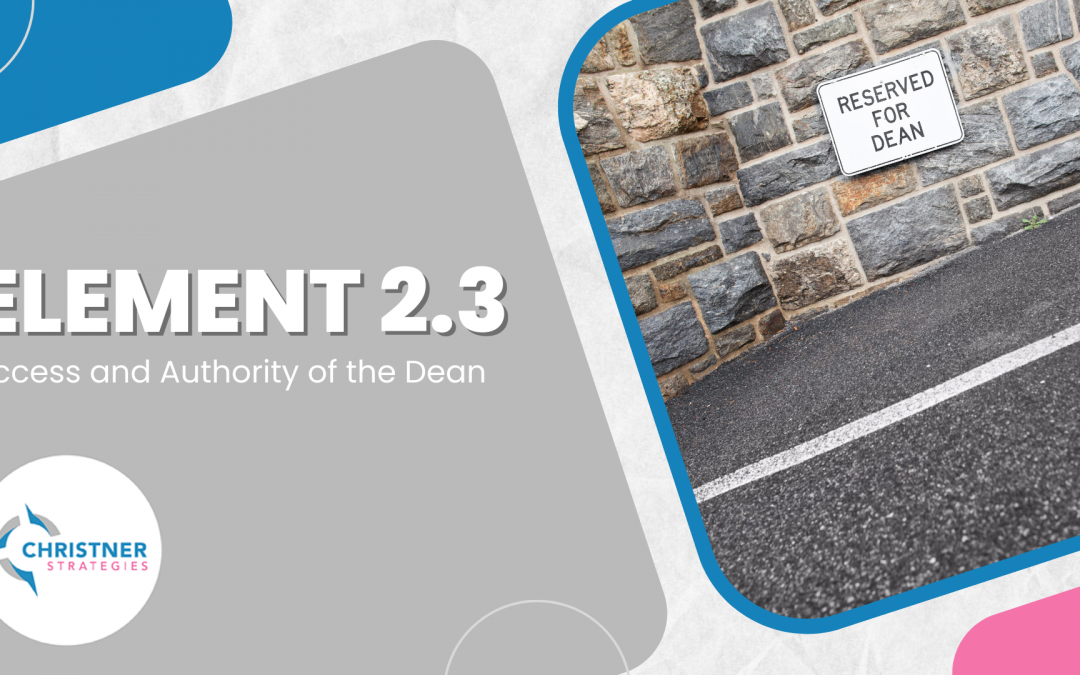
Element 2.3: Access and Authority of the Dean
Element 2.3 - Access and Authority of the Dean The dean of a medical school has sufficient access to the university president or other institutional official charged with final responsibility for the medical school and to other institutional officials in order to...
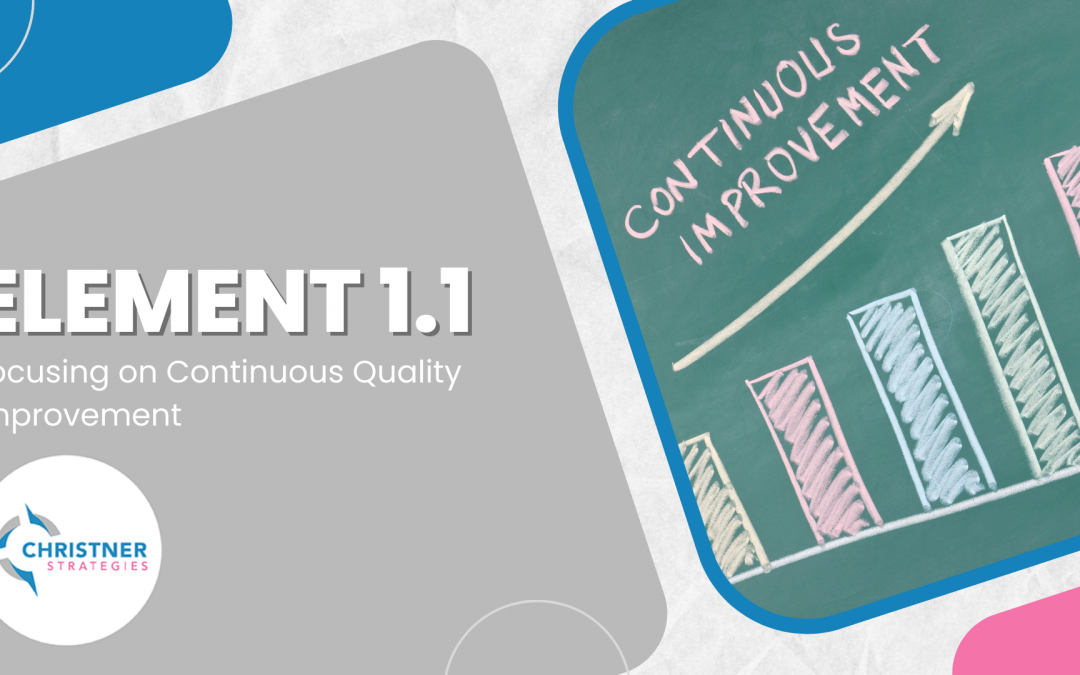
Element 1.1: Focusing on Continuous Quality Improvement
LCME Element 1.1 - Focusing on Continuous Quality Improvement A medical school engages in ongoing strategic planning and continuous quality improvement processes that establish its short and long-term programmatic goals, result in the achievement of measurable...
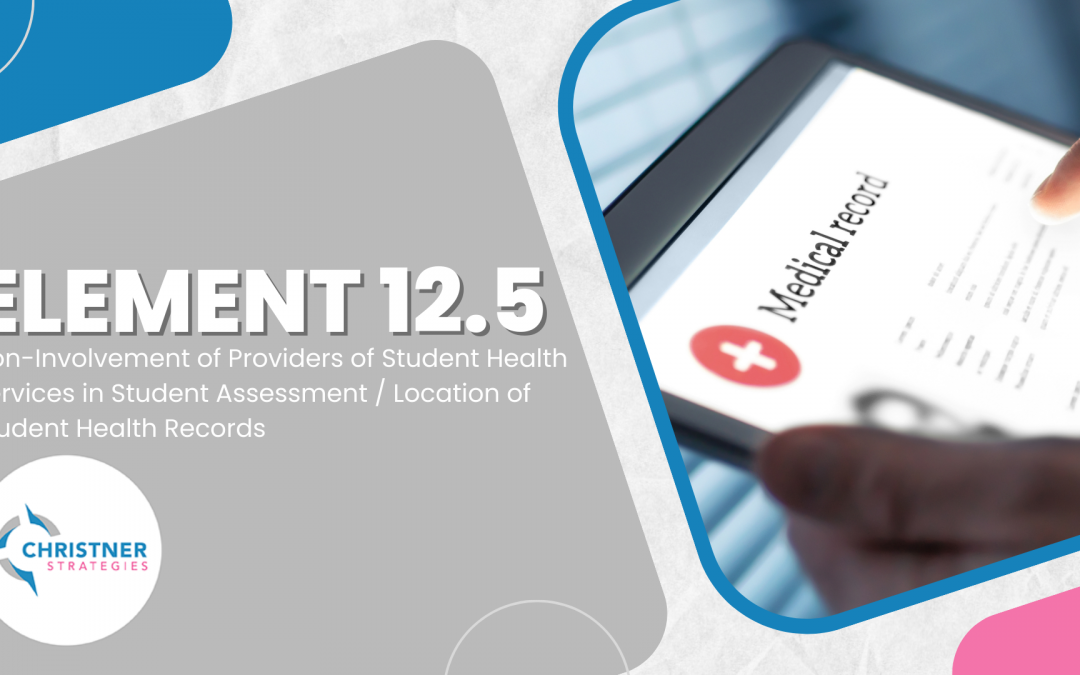
Element 12.5: Non-Involvement of Providers of Student Health Services in Student Assessment/Location of Student Health Records
Element 12.5 - Non-Involvement of Providers of Student Health Services in Student Assessment/Location of Student Health Records The health professionals who provide health services, including psychiatric/psychological counseling, to a medical student have no...
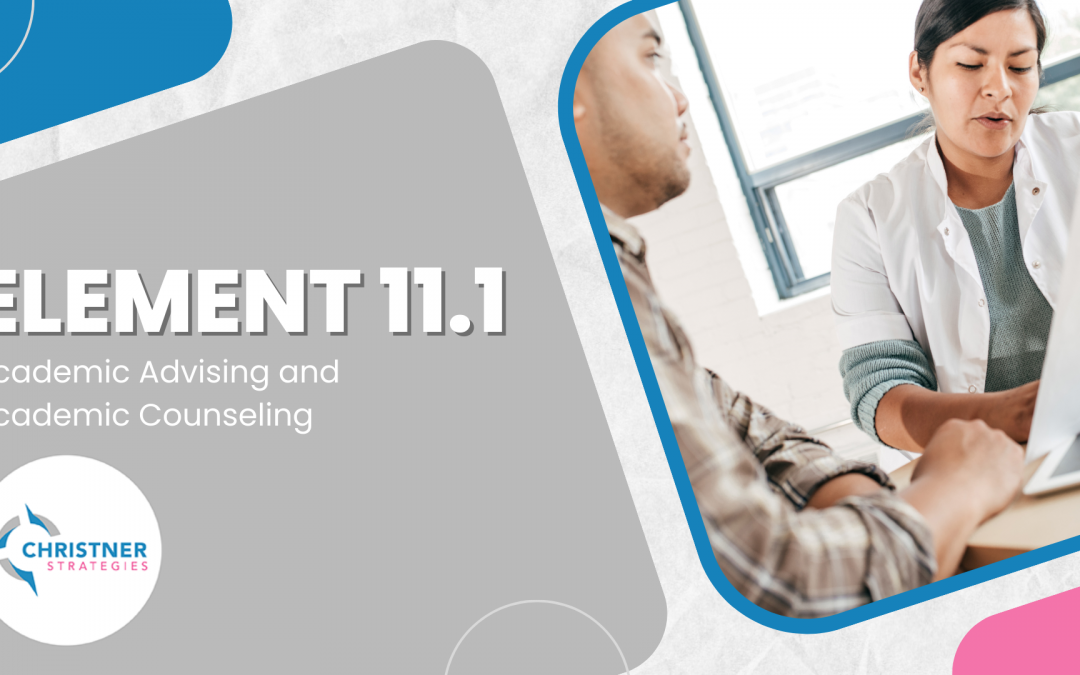
Element 11.1: Academic Advising and Academic Counseling
LCME Element 11.1 - Academic Advising and Academic Counseling A medical school has an effective system of academic advising in place for medical students that integrates the efforts of faculty members, course and clerkship directors, and student affairs staff with its...
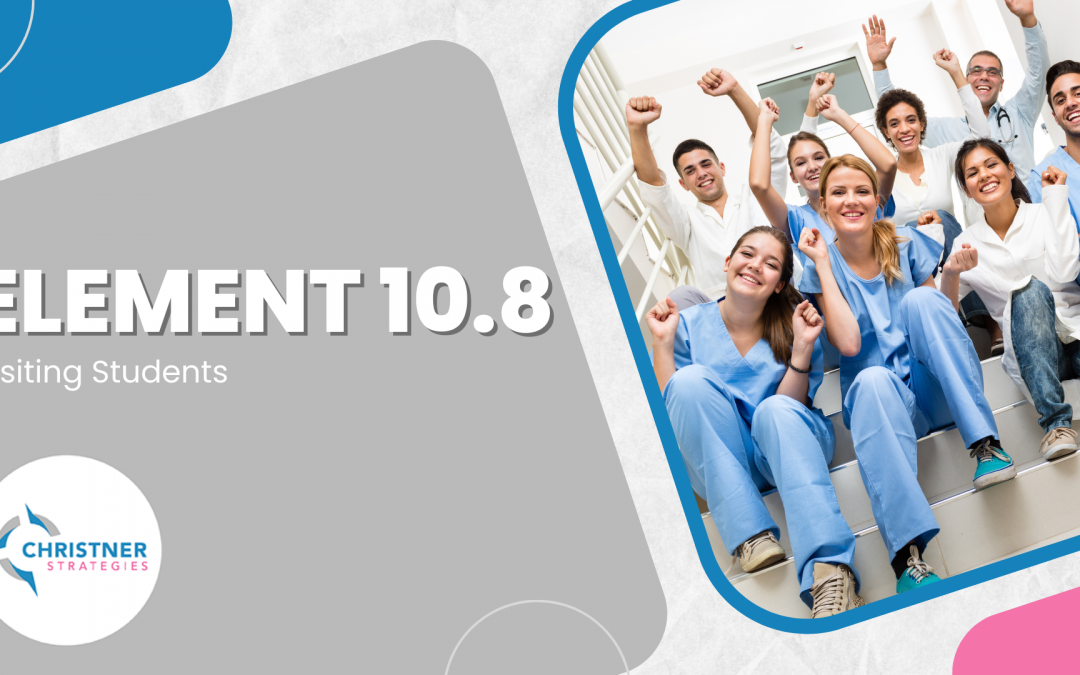
Element 10.8: Visiting Students
LCME Element 10.8 - Visiting Students A medical school does all of the following: Verifies the credentials of each visiting medical student Ensures that each visiting medical student demonstrates qualifications comparable to those of the medical students the visiting...
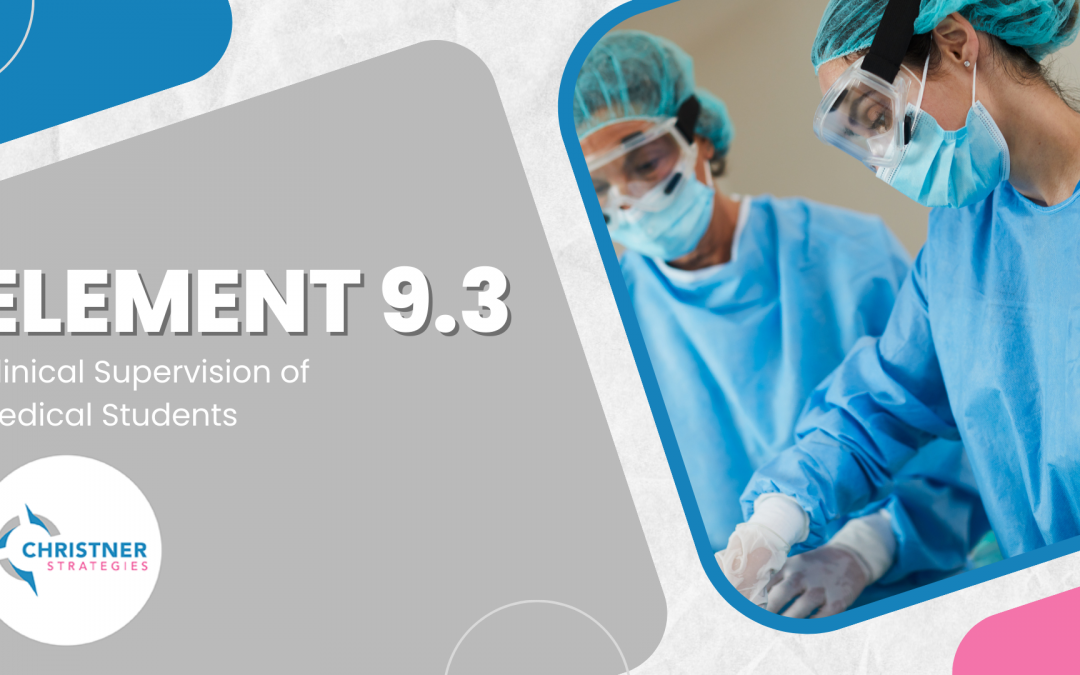
Element 9.3: Clinical Supervision of Medical Students
LCME Element 9.3 - Clinical Supervision of Medical Students A medical school ensures that medical students in clinical learning situations involving patient care are appropriately supervised at all times in order to ensure patient and student safety, that the level of...
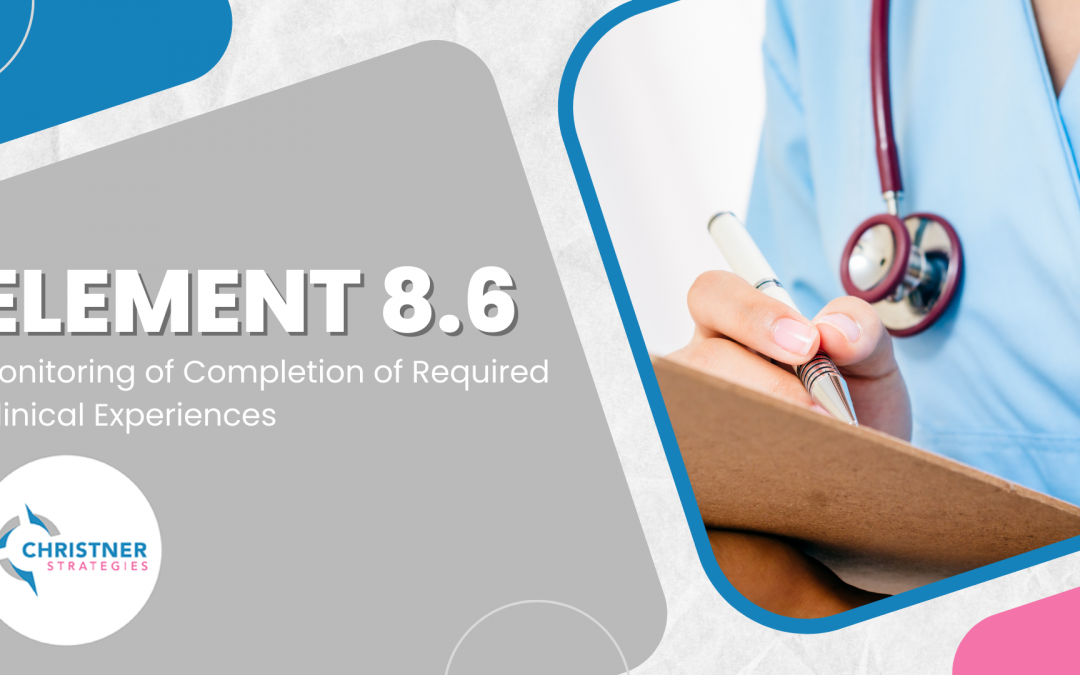
Element 8.6: Monitoring of Completion of Required Clinical Experiences
LCME Element 8.6 - Monitoring of Completion of Required Clinical Experiences A medical school has in place a system with central oversight that monitors and ensures completion by all medical students of required clinical experiences in the medical education program...
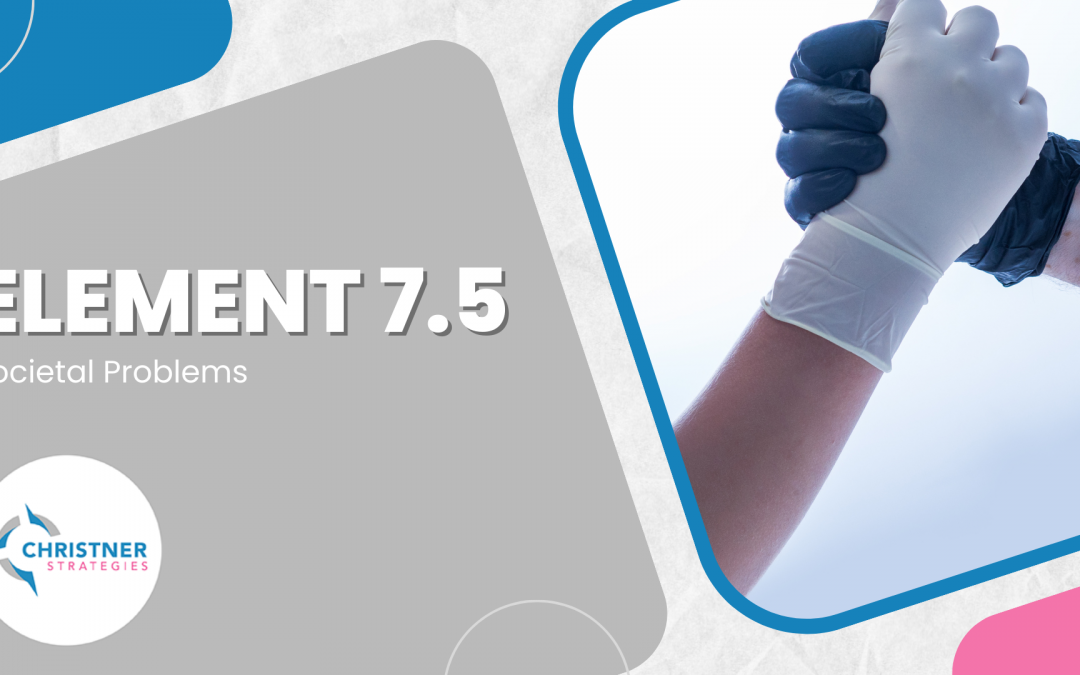
Element 7.5: Societal Problems
LCME Element 7.5 - Societal Problems The faculty of a medical school ensure that the medical curriculum includes instruction in the diagnosis, prevention, appropriate reporting, and treatment of the medical consequences of common societal problems. Hidden Curriculum...
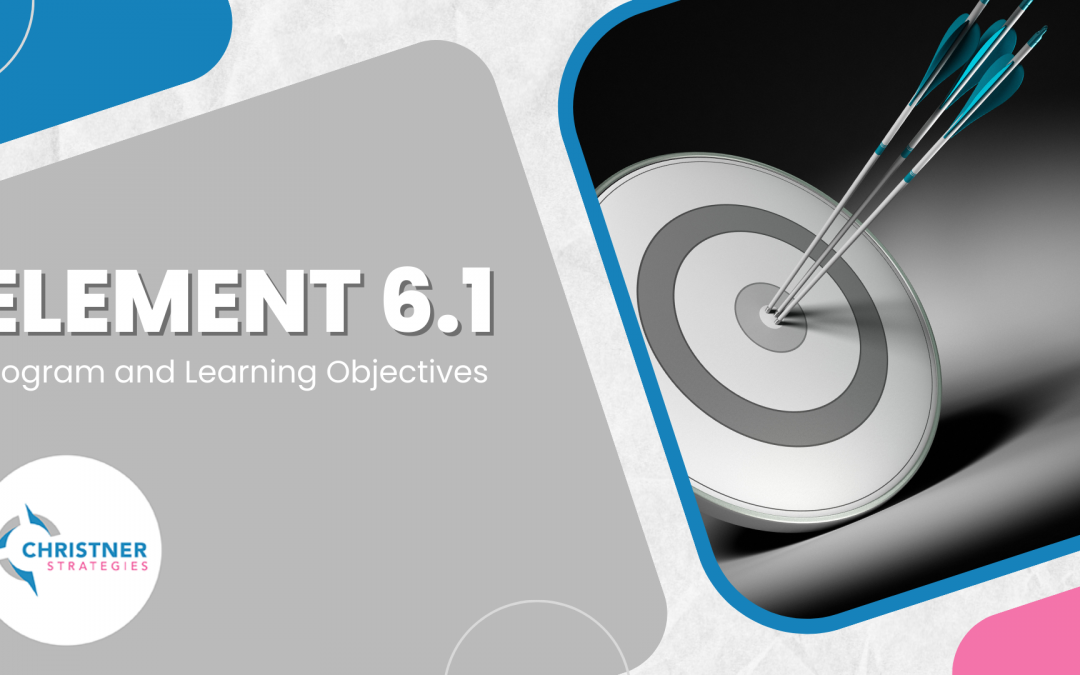
Element 6.1: Program and Learning Objectives
LCME Element 6.1 - Program and Learning Objectives The faculty of a medical school defines its medical education program objectives in outcome-based terms that allow the assessment of medical students’ progress in developing the competencies that the profession and...

DCI Changes
For today’s post we depart slightly from our usual style as the LCME released an updated version of the Data Collection Instrument (DCI) in April 2023 for schools with visits during 2024-25. Several elements had notable changes to their associated DCI narrative...
